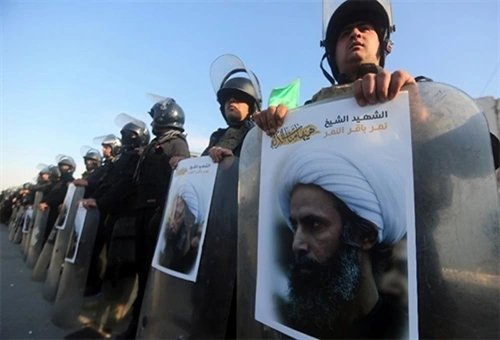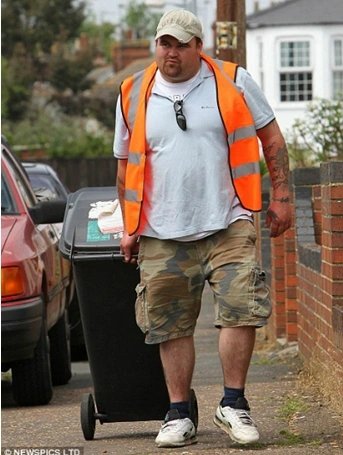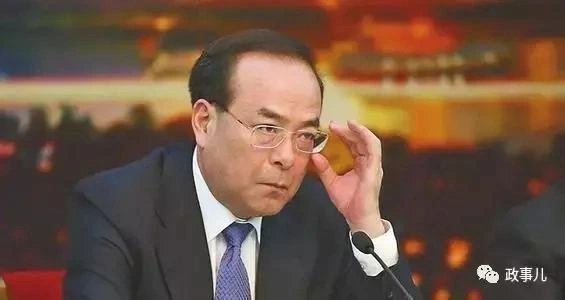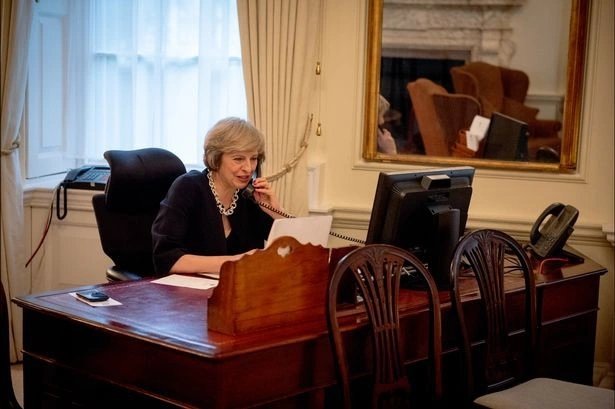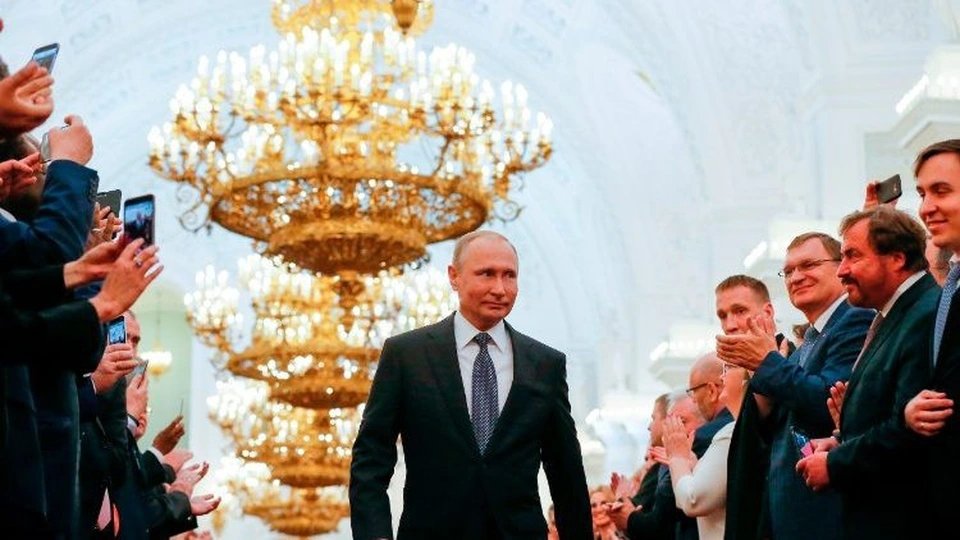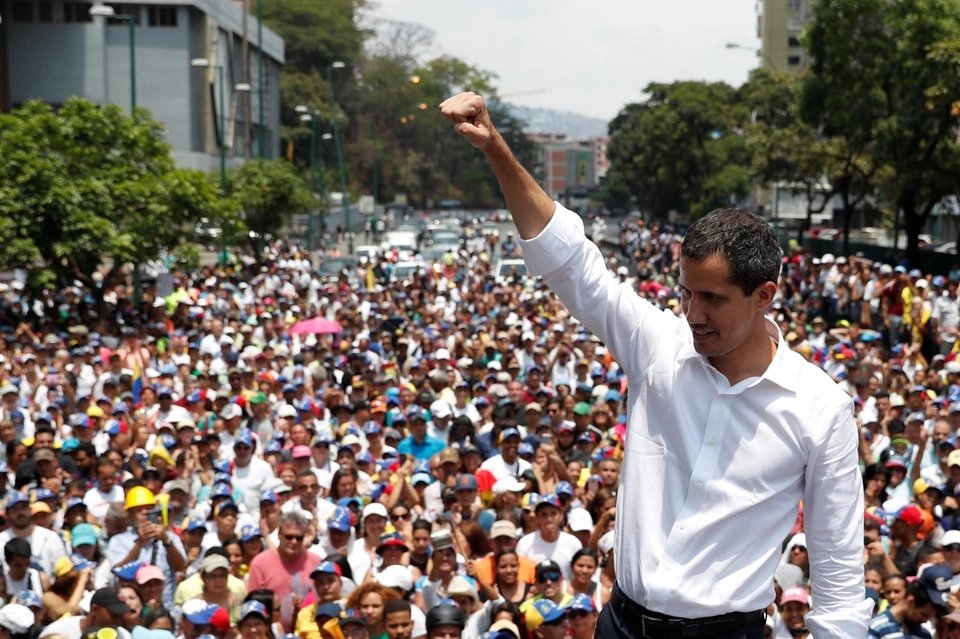
(Dan Tri) – Many questions have been raised regarding the US role in the recent coup carried out by the Venezuelan opposition, including the reason why this plan failed.
Armored vehicles crushed protesters in Venezuela
Opposition leader Juan Guaido called on protesters in Caracas on May 1.
In an analysis published in the New York Times on May 1, two writers Mark Landler and Julian E. Barnes commented: `No one has ever said that changing the government is an easy task.`
President Donald Trump’s senior advisers woke up on the morning of April 30 with the belief that a rebellion within the ranks of the Venezuelan military would incite a widespread wave of violence, thereby toppling a president.
However, by the end of that day, President Nicolas Maduro was still in office.
The decision of the majority of Venezuelans to side with President Maduro in the coup called by the opposition leader has raised the question of whether US intelligence misjudged the opposition’s ability to attack.
The above decision also raises the question of whether President Trump’s aides failed to grasp actual developments in Venezuela, or whether President Trump, whom US officials say sometimes

Opposition supporters attacked military vehicles in Caracas on May 1.
Although President Maduro’s position is weakening not only at home but also in the international arena, he is still determined not to `give way` to opposition leader Juan Guaido, who is recognized by the US as president.
According to the New York Times, President Trump’s aides put their faith in self-proclaimed President Juan Guaido’s call to rally rebels, as well as the defection of Venezuelan officials on April 30, see here
US Vice President Mike Pence and Secretary of State Mike Pompeo both posted on Twitter to show support for `Operation Freedom` in Venezuela, a campaign launched by opposition leader Juan Guaido to force
President Trump initially did not mention `Operation Freedom` in Venezuela.
Both former and current officials say that President Trump is very interested in bringing down the Venezuelan president, even suggesting in closed meetings the possibility of US military intervention to quickly
However, after coming to power, President Trump did not follow the trend of hasty military intervention like his predecessors.
Secretary of State Pompeo appointed Mr. Elliott Abrams as US special envoy for Venezuela even though he was vetoed by the White House for other positions because of his criticism of President Trump during the 2016 election. Mr. Abrams is famous

From left to right: Security advisor John Bolton, Secretary of State Mike Pompeo, President Donald Trump.
Although he often uses tough words to criticize countries that the US does not like, such as Iran, Venezuela or North Korea, President Trump still hesitates to find ways to quickly overthrow the leaders of these countries to replace them.
On the contrary, security advisor Bolton and Secretary of State Pompeo frequently emphasized the need for President Maduro to leave, while also raising hope that opposition leader Guaido would be capable of deposing him.
Regarding the failed coup attempt in Venezuela, officials in the Trump administration all sought to blame different `culprits`.
Advisor Bolton blamed three high-ranking Venezuelan officials who he said wanted to defect, including Defense Minister Vladimir Padrino López, Supreme Court Chief Justice Maikel Moreno and Commander of the presidential guard.

President Maduro spoke to supporters in Caracas on May 1.
Mr. Bolton’s public announcement of the names of the above three senior officials may have two purposes, the first is to urge them to act if they really plan to support the opposition, and in case they change their mind, the public will
According to US State Department officials, they realize that it could take weeks, even months, for President Maduro to leave.
According to national security advisor Bolton, the US National Security Council yesterday held a meeting to discuss next steps to `accelerate and ensure the peaceful transfer of power`.
Military options for Venezuela have not been discussed in detail at the White House.
Success
According to the New York Times

